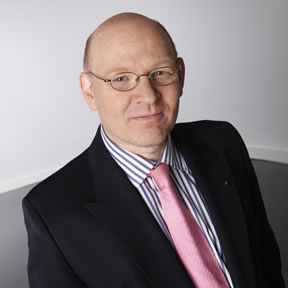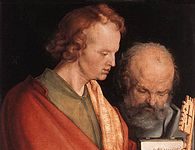I am a faithful Catholic and a faithful Catholic journalist, meaning that while much of my writing and broadcasting has no direct connection with the Church, whenever it does I am duty-bound to defend and explain Catholic teaching and the Holy Father. And never before have we Catholics in media been so called upon to write about the pope. That in itself is in some ways cause for concern because while the pope is—well, the pope—there is much more to Catholicism than the pontiff. Yet pretty much every question about matters Catholic now concerns what the pope thinks, says, and does. This was never the case with Benedict, seldom the case with John Paul II.
As a Catholic I believe that the pope was selected by the Holy Spirit and that he is in office for a reason. But that doesn’t mean that I have to support his every action and word and suddenly become a spiritual and intellectual automaton; such a response would be non-Catholic in the extreme. So, here goes.
There is much that Francis has said that has made the Church a hub of talk and discussion—and that has to be a positive achievement. Some who have left the Church have returned or at least considered the possibility and others who never had any interest have begun to listen and watch. Caring for the poor and the broken has been emphasized, although in all truth this had always been the case (perhaps, though, we needed to be reminded). The Vatican’s financial house is to be put in order, but this started under the last papacy. Francis also has a tangible charisma and is loved by Catholics and non-Catholics alike.
All that said, and all that appreciated, there are undoubted challenges that sometimes become problems. Pope Francis speaks a great deal and sometimes his words appear to have not been properly considered. This has led many faithful, brave, and often suffering Catholics to feel isolated and insulted. It is one thing to force believers to re-ignite and recall their purpose but quite another to confuse and disturb profound and serious followers of God.
There have been inconsistencies and even contradictions in some papal comments. When Francis was a Cardinal in Argentina he described same-sex adoption as being diabolical, of the devil. This is a language I would never use and I doubt if many or any North American Church leaders would do so, either. Yet as pope, this same man has appeared to dilute the message on this issue and even gave us the now famous “Who am I to judge” response. That we still debate what he actually meant by this is, I propose, not a good but a bad thing. It is enervating, it is a digression, it enables enemies of the Church and does friends little if any good at all.
Pope Francis repeatedly tells us that we are a Church of the poor but then gives a blessing and message of solidarity to an old friend who then broadcasts it to a Pentecostal minister and his huge congregation renowned for prosperity preaching and a theology that focuses on earthly riches. The leader of that congregation, Kenneth Copeland, lives in a $6 million mansion and owns a private jet that even super-wealthy business people would envy.
The pope calls for mercy and gentleness but then uses a language and vocabulary about traditional and entirely orthodox Catholics that is harsh, strong, and even unfair. A language, by the way, that we never heard from his predecessor about the most liberal and even heretical of Catholics. As for humility, it has to be said that we are told about papal acts of humility rather a lot, which rather defeats the purpose. This may not be Francis’ fault but it is nevertheless jarring. And so on and so on.
So, a work in progress and process. He is the pope, the leader of the Church, the successor to St. Peter. But surely he would be the last to tell us or want us to accept everything he does and says. I am not sure how this papacy will work itself out and I rather think the pope doesn’t quite know either. I accept as a Catholic that it will lead to greater good but I refuse as a Catholic to follow without response and reflection.











